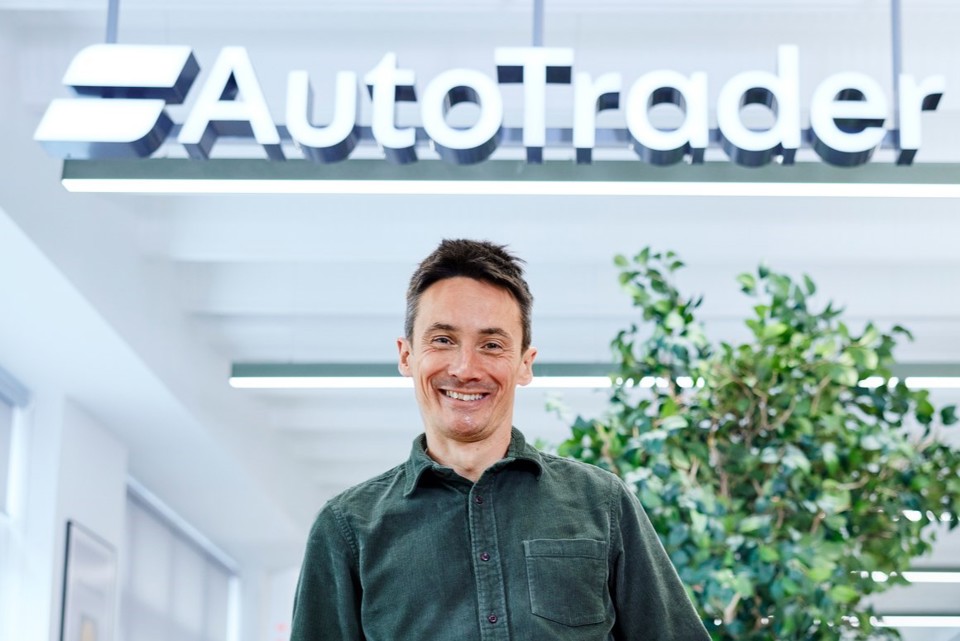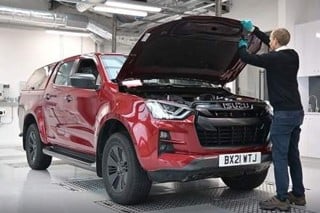Car ownership remains crucial for young people, with the need for a vehicle increasing among 17-24-year-olds, Auto Trader's latest consumer analysis reveals.
However, significant obstacles, such as a backlog in driving tests and rising motoring costs, highlight the necessity for a more transparent, connected, and convenient car-buying experience to help young drivers buy their first car.
In a comprehensive survey of over 2,000 young individuals aged 17-24, a surprising 90% underlined the importance of car ownership.
The primary reasons cited were the need to 'get around' (70%) and the independence it provides (67%) while over half (54%) of the respondents indicated a desire to own a car purely for the enjoyment of driving.
The UK's unreliable public transport system also contributes significantly, with 50% identifying it as a major reason for car ownership and 80% of those attributing it specifically to ongoing train strikes.
Further, the desire for car ownership shows no signs of waning among this demographic. In fact, 70% of the 17-24-year-olds surveyed reported that having their own car has become even more critical over the past 12 months.
This figure is more than double the percentage of drivers aged over 45 (31%) who felt the same. Additionally, nearly four times as many young people (43%) claim to use their car more today than they did a year ago, compared to their older counterparts (12%).
Despite this strong demand, young people face significant such as the already lengthy backlog for driving tests. DVLA forecasts suggest that by the end of 2025, the gap between demand for tests and availability will exceed 1,100,000.
Moreover, many young people find themselves priced out of the market. Auto Trader data reveals a shortage of affordable cars due to the shortfall in new car production during COVID-19, resulting in considerable pressure on stock levels.
Most (58%) of the 17-24-year-olds surveyed who had already purchased a car paid less than £11,000, but the volume of stock in this price bracket has fallen by almost half (46%) since January 2016. Similarly, stock levels in the under £5,000 price bracket have dropped by three-quarters (75%).
Rising insurance costs have further compounded the affordability issue, with premiums for younger drivers increasing at twice the rate of the average driver. Over the last 12 months, 18-year-olds have seen their premiums rise by 84%, while the average 17-year-old has faced a 98% increase.
Auto Trader said that to assist young people in overcoming these obstacles, the industry must address traditional barriers that disproportionately affect younger buyers. This includes improving transparency around finance options.
Separate research by Auto Trader found that over a third of young consumers who paid with cash did so because they were unaware of available finance options. Nearly two in five didn’t understand the finance options, and half thought it would take longer to get the car if they chose finance.
Providing a more convenient and flexible car-buying experience is also crucial. Auto Trader’s research shows that younger drivers want to complete more of the car-buying journey digitally; over half (53%) have checked if a car advertised online is available, compared to a fifth of over 65-year-olds, and 42% want to complete tasks online, such as paying a deposit to reserve a car, compared to 26% of older drivers.
Commenting on the findings, Auto Trader’s head of strategy & insight, Marc Palmer, said: “There’s been some recent suggestion that young people aren’t interested in having their own car anymore, but that simply isn’t the case. The desire for the independence and freedom that a car offers is as strong, if not stronger, for young people today than it has been for decades.
“But what has changed is how difficult it is to get behind the wheel of their first car, which we as an industry need to respond to. Unless we make the car-buying process more transparent, more convenient, and more sensitive to the barriers young people currently face, an important and growing audience will struggle to enter the market.”



















Login to comment
Comments
No comments have been made yet.